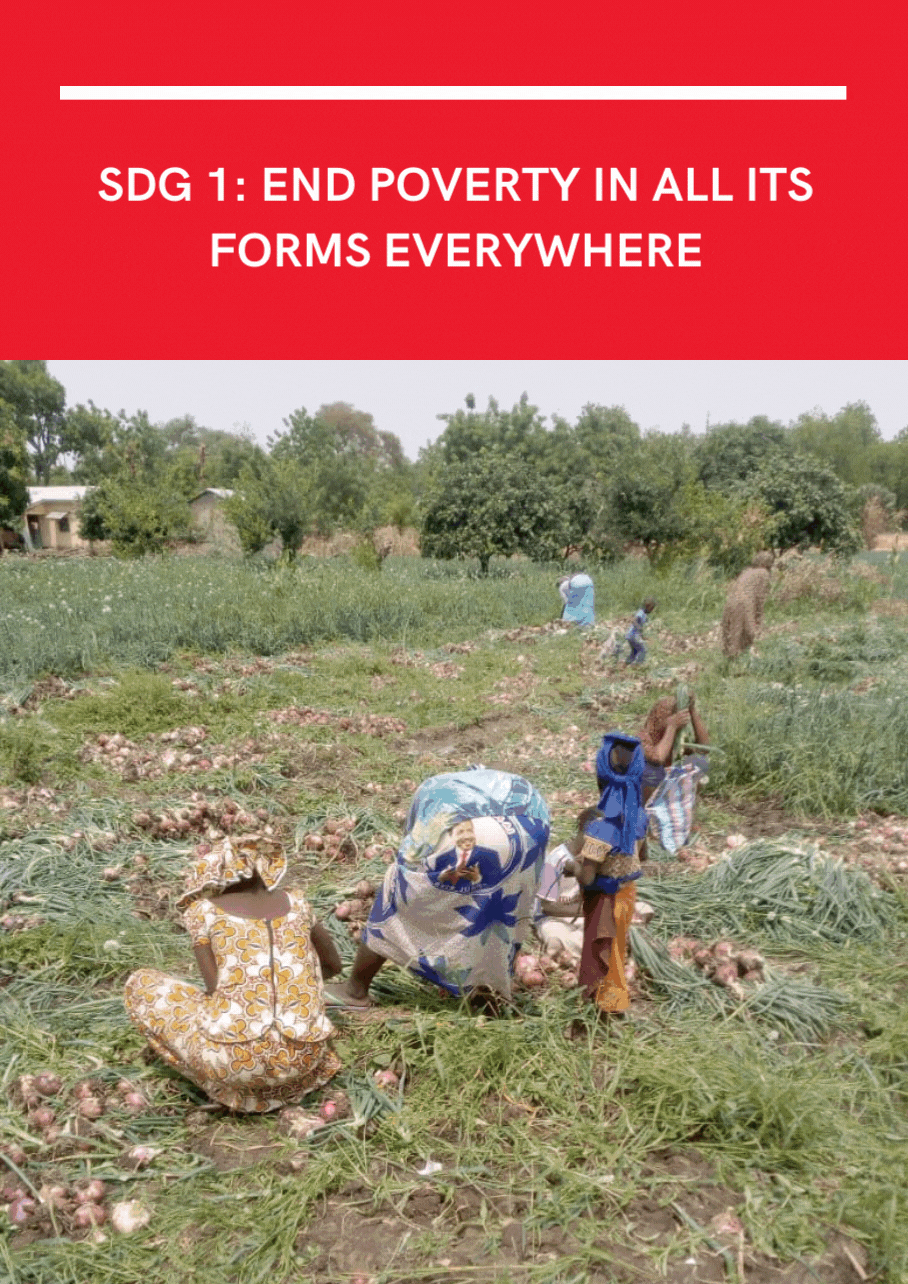[pdf-embedder url=”http://www.ripess.org/wp-content/uploads/2021/12/RIPESS-networks-and-SDGs-In-the-post-covid-context_compressed.pdf” title=”RIPESS networks and SDGs In the post-covid context_compressed”]
In September 2015, UN Member States adopted the 2030 Agenda for Sustainable Development, composed of 17 Goals that are an urgent call for the mobilization of all countries in a global partnership.
To this effect, Social Solidarity Economy offers a central reference framework for implementing sustainable development and plays a key role in the design of public policies for Economic Development that benefit one and all.
Social Solidarity Economy is undoubtedly a privileged way to achieve sustainable development, as SSE actors are already active in most sectors covered by the SDGs.
In this line, the new RIPESS Strategic Plan 2021-2023 aims to contribute to an alternative post-Covid development model focused on the SSE. RIPESS, thanks to the impact of the local action of its members, contributes to the achievement of the SDGs, in confluence with other global networks and organizations, and with the institutions of the United Nations.
In this document, we showcase some of the local initiatives anchored in intrinsically inclusive community practices, based on communities, and encouraging citizens’ participatory practice, that members of RIPESS networks are undertaking to achieve the SDGs through the SSE.
Our roots are local, our impact is global.




